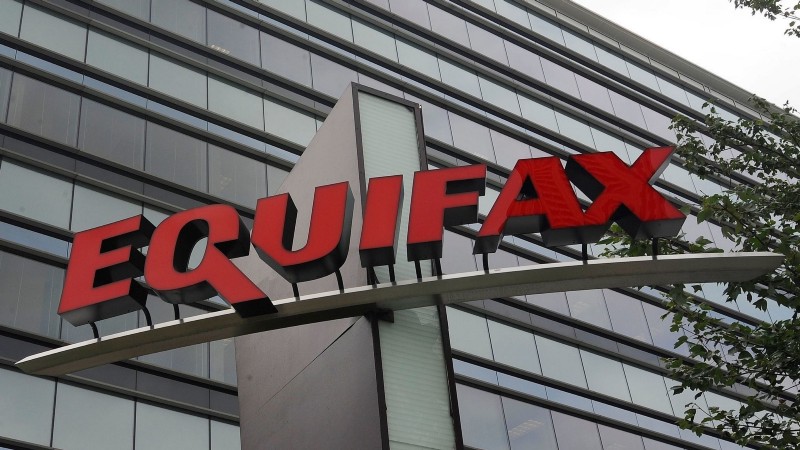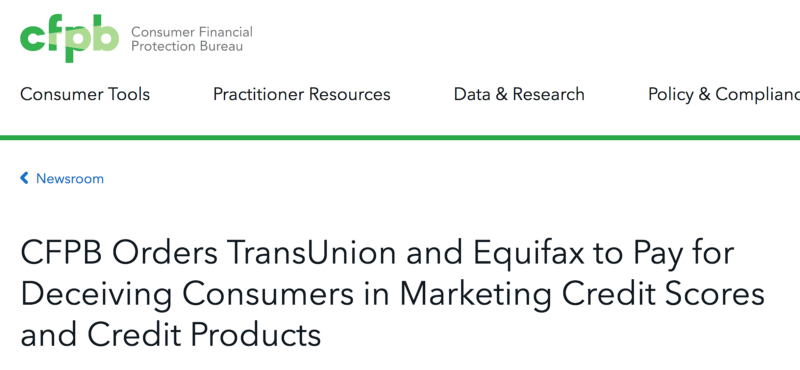10 Problems With Credit in The United States
We’ve received excellent input from our community so far on their greatest concerns with current credit scoring mechanisms.
With this post, we wanted to highlight some of the most common issues that have been raised.
Two things to note:
- Bloom is a global protocol. While this post focuses on issues in the United States, we will address the problems around the world in follow up posts.
- Bloom does not immediately provide solutions to every single issue outlined in this post right out of the gate. At the outset, Bloom faces some of the same limitations as existing systems, which we will look to address over time.
Decentralizing governance around credit sets the foundation to constantly improve, iterate and ultimately solve the weaknesses and vulnerabilities outlined below. Decentralized, community driven iteration allows the network to rapidly adapt and evolve, dramatically reducing the barriers to solving these issues.
The Key Sections of This Post Are:
- Centralized credit bureaus are vulnerable to attacks
- The Big 3 Credit Bureaus Lure Consumers into Costly, Unnecessary Services
- 45 Million Americans Do Not Have a Credit Score
- Credit Files Often Contain Errors
- FICO Does Not Reflect Much of the Financial Information Available
- Millennials Are Not Adopting or Embracing Credit
- Identity Theft Is Costly and Too Common
- Credit Scores Do Not Follow You Across Borders
- FICO is a Monopoly
- Fees Are Imposed in Unnecessary Places
1. Centralized Credit Bureaus are Vulnerable to Attacks

In 2017, Equifax was hacked, exposing the personal information of over 140 million Americans. “On a scale of 1 to 10 in terms of risk to consumers, this is a 10,” said Avivah Litan, a fraud analyst at Gartner.
Experian, one of the other largest credit data brokers in the world was also hacked two years earlier in 2015. 15 million people who had applied for Experian credit checks had their private information exposed’
Both leaks exposed names, addresses, and social security numbers, as well as driver’s license and passport numbers.
2. The Big 3 Credit Bureaus Lure Consumers into Costly, Unnecessary Services

The Consumer Financial Protection Bureau, a United States Government organization, stated that “Credit reporting companies misstated the cost and usefulness of the credit scores and products they sold and lured consumers into costly recurring payments”
The CFPB investigation concluded that Transunion and Equifax deceived Americans about the reports they provided and the fees they charged.
Source:
https://www.theatlantic.com/business/archive/2017/01/credit-scores-cfpb/512162/
3. 45 Million Americans Do Not Have a Credit Score
The Consumer Financial Protection Bureau found that 26 million adults, disproportionately Black or Hispanic, are unable to borrow money or use credit cards because they do not appear in the credit scoring system.
The same report found that another 19 million adults have credit reports that are too “thin”, which means they are unscorable by traditional techniques. In either case, they cannot get a loan.
Combined, this means 45 million American adults (one in five Americans) have no traditional credit score. The report “sheds light on the millions of Americans who are credit invisible,” said CFPB Director Richard Cordray.
Source:
https://www.cnbc.com/2015/05/05/credit-invisible-26-million-have-no-credit-score.html
https://www.nytimes.com/2017/02/24/your-money/26money-adviser-credit-scores.html
4. Credit Files Often Contain Errors
In 2013 the FTC found that about 1 in 5 Americans have credit reports which contain errors.
And for one in four people whose reports have errors, the study found that these mistakes may mean having to pay higher interest rates.
A separate study by The Policy and Economic Research Council confirmed this figure, finding that about 19% of credit reports had errors.
Deeper research highlights a far worse situation, suggesting as many as 40% of reports may contain significant errors.
Source:
http://www.nextadvisor.com/blog/2016/04/21/credit-report-errors/
http://www.huffingtonpost.com/2014/08/11/credit-report-bureau-mistakes-_n_5661956.html
5. FICO Does Not Reflect Much of the Financial Information Available
Traditional credit bureaus are designed to leverage the same data that was available 20 to 30 years ago. For the most part, they are limited by their inability to capture alternative lending information and leverage the far broader universe of data that is now available.
“The FICO model is outdated” says Laurie Goodman co-director of the Urban Institute’s Housing Finance Policy Center. “It doesn’t sufficiently distinguish between types of debt that newer models take into account, such as student loans or medical bills”
When someone pays their utility, cell phone, or rent bills on time, they are demonstrating financial responsibility. And yet, that data is ignored by FICO and the credit reports that most lenders use.
Source:
https://www.clarityservices.com/missing-piece/
http://subscribe.fico.com/can-alternative-data-expand-credit-access
6. Millennials Are Not Adopting or Embracing Credit
About 64% of millennials do not hold a credit card. One of the most common reasons for which they are opposed to credit cards is because they want to avoid the debt issues of their parents, citing the 2008 economic recession.
This trend means that millions of millennials will not have credit history and may struggle to get a mortgage for a home, purchase a car or start a business. For lenders, this means that they lose on on many potentially profitable loans.
Source:
http://time.com/money/4366534/millennials-credit-card-ownership/
https://www.nbcnews.com/better/money/millennials-really-don-t-debt-aren-t-credit-cards-n504536
https://www.cnbc.com/2017/08/25/millennials-dont-understand-how-to-improve-credit-score.html
7. Identity Theft Is Costly and Too Common

The U.S. Bureau of Justice Statistics regularly conducts National Crime Victimization Surveys. The last year for which data has been officially compiled is 2014, and this survey found that 7 percent of Americans aged 16 or older had been victimized by identity thieves.
Overall, about 17.6 million Americans suffered incidents of identity theft in 2014. Theft and fraudulent use of credit card and bank account information accounted for 86 percent of these cases.
Source:
https://www.transunion.com/blog/identity-protection/how-common-is-identity-theft
8. Credit Scores Do Not Follow You Across Borders
Your credit score is stuck in one country.
This means that if you travel abroad and do not maintain your credit score while you are away, your score could suffer. This also means that if you move to a new country, your credit score effectively resets.
Source:
https://www.nerdwallet.com/blog/finance/credit-score-canad-move-expat-country-abroad/
http://www.investopedia.com/articles/personal-finance/041415/my-credit-score-useful-outside-us.asp
9. FICO is a Monopoly

In the United States, 90% of all lending decisions are influenced by FICO.
“No single company should have a government-sanctioned monopoly,” VantageScore Chief Executive Officer Barrett Burns said.
Criticisms over their scoring also raise additional concerns. If someone decides to take a step towards being fiscally conservative, they may close credit cards that they no longer want, and then they are punished for this by FICO.
Congress has introduced bills to introduce competition into the market. Many observers of this battle feel that FICO is lobbying congressmen to keep their market position. The delay “doesn’t make sense,’’ said University of Southern California professor Richard Green, “Competition can’t make things worse.’’
Source:
https://royce.house.gov/news/documentsingle.aspx?DocumentID=397850
http://www.gdslink.com/is-fico-a-gse-credit-score-model-monopoly/
http://www.disputesuite.com/blog/will-2016-bring-an-end-to-the-fico-score-monopoly
10. Fees Are Imposed in Unnecessary Places
If you own a credit card, you may be familiar with the: Annual Fee, Balance Transfer Fee, Finance Charges, Foreign Transaction Fees, Returned Payment Fee, and many others.
Fees have become commonplace in credit. They’re so common that many credit card providers offer incentives to remove or reduce fees in order to get you to apply for their card.
Many people assume these are just a natural part of the credit process, but much research has shown that the majority of these fees are unnecessary and contribute to further barriers to entry of credit.
Source:
https://www.nerdwallet.com/blog/credit-cards/how-to-avoid-credit-card-fees-lis/
https://www.valuepenguin.com/what-credit-card-processing-fees-costs

